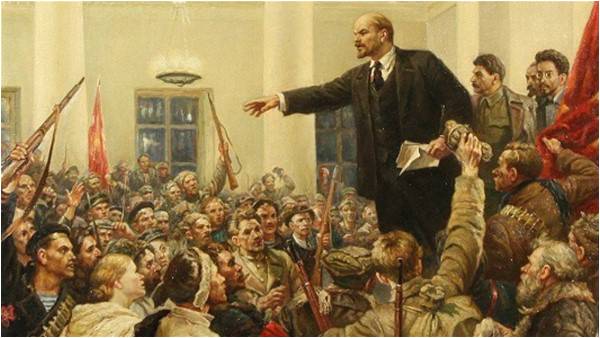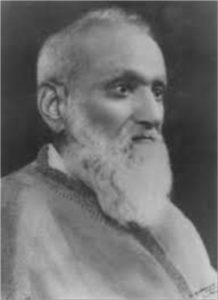
 The legendary crusader for the independence of the colonised Indian Subcontinent and religious scholar, Maulana Ubaidullah Sindhi, who passed away 74 years ago on the 21st of August last week, had travelled to Afghanistan in 1915 at the direction of his teacher, Sheikh al-Hind Maulana Mahmudul Hasan. He remained in Kabul for seven years and, disappointed by the conditions there, went to Moscow along with many of his comrades in October 1922.
The legendary crusader for the independence of the colonised Indian Subcontinent and religious scholar, Maulana Ubaidullah Sindhi, who passed away 74 years ago on the 21st of August last week, had travelled to Afghanistan in 1915 at the direction of his teacher, Sheikh al-Hind Maulana Mahmudul Hasan. He remained in Kabul for seven years and, disappointed by the conditions there, went to Moscow along with many of his comrades in October 1922.During his stay in Moscow, he keenly observed the principles of communism and the attempts to bring these principles to practice in the Soviet Union. When he reached Istanbul nine months later, he published a draft of a constitution for Free India in Urdu from Istanbul in 1924 which closely resembled the Soviet constitution. Maulana Ubaidullah Sindhi understood socialist teachings to be directly according to Islam. After his return home in 1939, he continued expressing these views. In the preface to the ‘Constitution’, the Maulana says while describing his impressions of Moscow:
We had the opportunity to witness the results of the Russian Revolution in Moscow with our eyes. Some members of our Committee learnt the Russian language in order to study the Revolution. We had good opportunities to exchange views with important persons of Russia. To study the influence of the Russian Revolution on other countries of Europe, our committee members went to these countries…(but) we feel this reality with sorrow that the present generation of our country has gone very far away from understanding the nature of the Revolution.
Arguing about the national problems of India, the Maulana said:
 Class complexity is present in every nation. The mutual struggle of the rich and labourer, landlord and peasant, capitalist and worker can easily divide every Indian nation into competitive and opposing ranks. That is why to resolve all Indian problems and especially Hindu-Muslim differences on purely religious basis cannot produce any permanent path to salvation. Therefore we do not deem religion to be the basis to resolve these problems in our programme, but present a solution to these problems on national and class division and economic and political principles.
Class complexity is present in every nation. The mutual struggle of the rich and labourer, landlord and peasant, capitalist and worker can easily divide every Indian nation into competitive and opposing ranks. That is why to resolve all Indian problems and especially Hindu-Muslim differences on purely religious basis cannot produce any permanent path to salvation. Therefore we do not deem religion to be the basis to resolve these problems in our programme, but present a solution to these problems on national and class division and economic and political principles.Maulana Sindhi was a great opponent of the capitalist system, so while arguing about the future of India in this document, he writes:
By breaking the present capitalist system in our country, we establish the foundations of such a system which is the guarantor of the welfare of the working class meaning the majority and remains under the rule of this working class. Our independence movement can become certainly successful from this.’
When he reached Istanbul nine months later, he published a draft of a constitution for Free India in Urdu from Istanbul in 1924 which closely resembled the Soviet constitution
Describing the Soviet Union, the Maulana writes:
India reduced its greatness to dust by overlooking the French Revolution. Now by shutting our eyes to this revolution (the Russian Revolution) of global importance, we do not want that India sign its own death warrant. Russia meets us just a few steps further from the place of meeting of the Himalayas, Karakoram and Hindu Kush. Our conclusive opinion is that if we give away all that we have achieved in the sixty years of this slavery and buy the friendship of the nations from the northern passes to the North Pole even while remaining hand-to-mouth, we will not be at a loss.
Note: This is the fourth in a special nine-part series paying tribute to the pioneers of Islamic socialism in the Indian Subcontinent in the year marking the bicentennial of Karl Marx.The first was on Karl Marx himself, the second on Maulana Hasrat Mohani, and the third on Maulvi Barkatullah.

